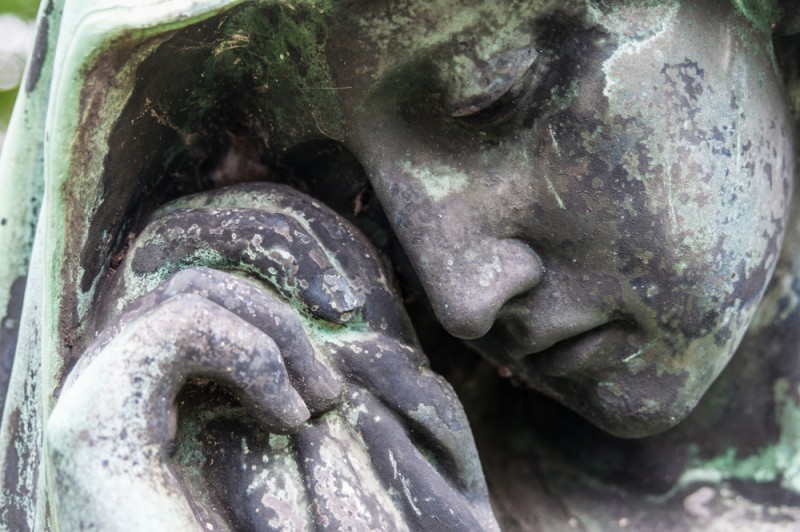| October 27, 2015
When we moved to Lexington in 2011, I was secretly grieving. It should have been a joyous time and for the most part, it was. My husband had just got a new job and we had purchased our first home. We loaded up our two kids, packed up our lives and headed East. Even though the change was good, I still felt a loss. We had moved back to Louisville the previous year after spending 18 months living in my parents’ basement. We had rejoiced at going “home” to Louisville, to our friends and our church. It almost felt cruel when we moved 70 miles down the road such a short time later. As I tried to adjust, I found myself missing my old life. What would it be like if Ella were in preschool at the Waldorf school? What would Sundays be like if we were going to church and hanging out with our friends? I cried for what I had lost, even though I had gained so much. At the time, it was hard to see.
Grief is a pervasive thing. It weaves it’s way into every crack of our lives. Sometimes the weed is so bold that it begins to take over, choking out what joy we have. It could be that the world begins to lose it’s color or previous activities seem meaningless. Sometimes it means feeling as if the world is moving around you while you are in slow motion. There are times when the vines of grief poke through and a beautiful flower grows between the rock and the hard place. Here we have a memory of missing loved one that doesn’t inflict pain or can see the beauties in the new place in which we find ourselves. Grief is present in any season of life and can show up for any occasion. It comes not just with death, but in both the good and bad of life. If there is change or loss, there you will find grief.
How then, to not fall into depression or hopelessness? Realizing grief helps us to accept is a start. We accept the loss or the change, but not before having time to mourn what is gone. We may experience denial, anger, bargaining, and acceptance. This move is not cyclical. C.S. Lewis says in A Grief Observed, “For in grief nothing ‘stays put.’ One keeps on emerging from a phase, but it always recurs. Round and round. Everything repeats. Am I going in circles, or dare I hope I on a spiral? But if a spiral, am I going up or down it?” The spiral of grief can seem endless. Yet, Jesus says in the Sermon on the Mount, “Blessed are those who mourn, for they will be comforted.” Comfort comes in return to every day activities, from a friend who sits with us in our pain, or from finding new ways of living.
Gradually, the waves of grief calm. They begin to gently lap the shores of our consciousness, a reminder of what we have lost and too what we have gained. Grief is a part of life and if we live into it, we allow it to change us into more understanding and compassionate people. Such compassion helps us to see beyond the pain and to sit with others when their time with grief arrives. “Blessed are those who mourn, for they will be comforted.” May it be so.
Comments
As a Baptist church affirming the liberty of conscience, we recognize each individual's right to his or her own opinion and welcome your comments, positive or negative. We strive for communication that invites a respectful and personal exchange of opinions and thoughts. This is often not possible through running dialogues in our comment section. To respect the dignity of all persons, we may delete comments that contain profanity, hate speech, or threatening language.




On November 4, 2015, Gerard Howell said:
Thoughtfully expressed. ,